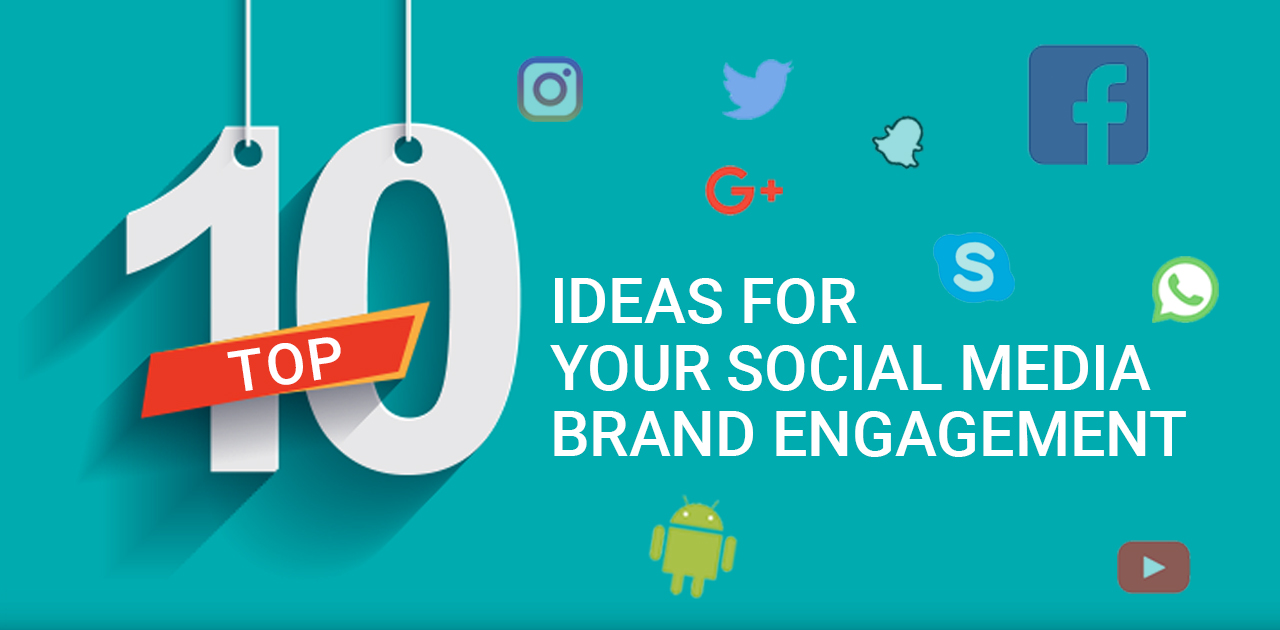I am from India and we are extremely money conscious. Oh, it’s true. It’s damn true. Not that it is a bad thing. On the contrary, it means you value your money. However, when it comes to selling your brand or your product it could test your wits. If you have gone selling your brand or product to a prospective client you know what I mean. A good salesperson will always ask himself or herself the same questions the client would. Like, “How much business will I get in return?” or “How can I know I got business from online marketing?”
So how do we answer these questions?
Identify and Define Social Media
Social media is a universe. Social media is not limited to Twitter, Facebook or Instagram only. It now includes Whatsapp, commenting on Youtube videos or blogs and even channels like Reddit or Quora. In other words, it could be a message thread, a forum or even a private community within your social network.
10 years ago we used to do the same in offices, schools, villages, housing colonies. Today it remains greatly limited to various social clubs and organizations (i.e Rotaract Club, Toastmasters or religious gatherings).
Social media adds value to your life—difficult to measure but hard to miss.
With smartphones getting affordable, almost everyone is on some social media platform. We are consuming online media at a much more greater rate than we used to 5-10 years ago.
This exponentially multiplies your ability to identify and target prospective clients who may come across your advertisement or appeal and feel compelled to respond to it.
if you are not interested in social media… then what are you doing here? What makes social media marketing so attractive to you? If we answer this question we move closer to answering our very first question on ROI on social media.
So what could be your reasons for using social media? Let’s see:
- Brand publicity
- Save on print media advertising
- Get more clients by improving brand exposure
- Engage clients and gain feedback
- Increase popularity of other social media platforms (cross-posting)
- Rank higher is searches on popular search engines
- And of course, do more business
The list can continue. The more time you spend on social media, the more reasons you will find to invest on in it and closer you will get to achieving a ROI.
What’s Your Investment?
So what is return on investment (ROI)?
Marketing used to be simple. Invest a certain amount and get returns on your investment accordingly. These days marketing employs cutting edge tools to analyse customer behavior patterns. This has made social media a game changer. It costs less or nothing at all.
Putting a cost to social media activities is a difficult task. Imagine putting a figure to the number tweets, Facebook likes, Instagram stories and so on.
The only quantity worth measuring is the amount of time spent on social media. Being a fixed asset we find it difficult to manage. If you are being paid by the hour, you will have a fair idea how much is your time worth.
It makes it easier if you know how much you are investing… If time is going to be used as a parameter to measure ROI then you need to take into account all the time you utilized for conceptualizing and proofing.
ROI means what to you?
Ok, let’s get to the crux of this blog. What are you trying to achieve from this investment or what are your expectations and how much? That brings in to focus tracking your investment against returns (outcomes). It depends from one individual to another, one company to another. Building relationships, gaining target likes, more followers, more engagement or could be more orders could be your objective.
Returns can be widespread.
Companies measure the number of likes, post reach, engagement of males and females, different age groups talking about the brand, number of post shares, positive comments vs negative comments, organic reach, trending tweets, hashtag clicks, endorsements by social media influencers, recommendations, reviews.
A number of social media platforms now give you mind-boggling analytics giving you insight of your customers. It’s virtually giving you a peek into your customers’ mind and spending habit. However, interpreting the graphs and figures (your big data) can be daunting and confusing. My policy when you are here Keep It Short and Simple (KISS). Just measure what you believe is the most important parameter for you. For instance, I have a client for whom I maintain a slew of social media platforms. However, the client is mostly interested in Facebook likes. That’s the client’s ROI.
The Next Step
Once you’ve identified which one is your major criteria for measuring ROI find a suitable tool (if your account is not handled by a social media manager) to track your ROI.
May the Success be with you!!!


